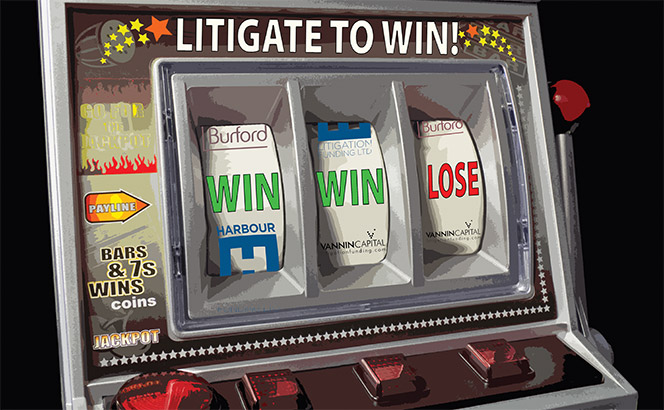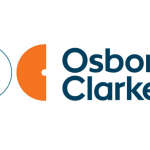A resounding indication of the impact funders are having on the disputes market, Burford Capital has unveiled impressive financial results underlined by a 109% rise in income.
Elsewhere, the Serious Fraud Office (SFO) has been chastised by a judge over the quality of one of its witnesses, while Berwin Leighton Paisner (BLP) has won a High Court case after the first use of predictive coding technology.
The rise in income for Burford means the figure stands at $341.2m for the financier, up from $163.4m last year. Burford’s net profit after tax was also up 130% to $264.8m, while operating profit increased 132% to $289m.
Burford chief executive Christopher Bogart told Legal Business that Burford’s publically-listed setup gives it an edge over its rivals: ‘The transparency that comes with being listed is an important differentiator for the clients. The clients we are addressing are major corporates. Being able to pick up an annual report is significant, for other players it’s very difficult to unravel how much capital they have.’
The undeniably strong financial performance reflects a disputes market warming to the influence of funders. According to Burford’s annual report, the reported usage of disputes finance by US firms has grown dramatically over the last four years. In 2013, just 7% reported using funders, compared to 36% in 2017.
Last year, Burford generated more profit for the first half of 2017 than in any full year in its history.
In other news, the SFO has been criticised by the Court of Appeal for ‘an embarrassing debacle’ over an expert witness called in a Libor appeal trial.
Alex Pabon, an ex-Barclays trader who was convicted alongside three others for conspiracy to defraud in 2016, failed in his appeal. The SFO had called another former trader, Saul Haydon Rowe, as an expert witness. But the court observed his evidence had ‘significant failings’ despite it having no impact on the outcome of the case.
The judgment stated: ‘In fairness to the SFO, this was the third time that Rowe had given evidence in Libor trials and the first time any questions concerning his expertise had apparently arisen. Nonetheless, there is no room for complacency and this case stands as a stark reminder of the need for those instructing expert witnesses to satisfy themselves as to the witness’ expertise and to engage (difficult though it sometimes may be) an expert of a suitable calibre.’
One white-collar partner commented: ‘If you are going to instruct an expert, you have to make sure they have the expertise they claim to have. But I hope this doesn’t put the SFO off from instructing experts. There are some cases, especially ones involving accounting, where you need the views of an expert.’
Finally, BLP claims to have secured the first successful judgment following the use of predictive coding software to complete a document review exercise.
BLP represented BCA Trading in a 12-day High Court trial, in an unfair prejudice case brought by a minority shareholder of Tradeouts Limited, a business that BCA has a majority stake in.
According to the firm, the case relied ‘heavily’ on contemporaneous documents, which had been disclosed using predictive coding.
BLP’s head of disputes, Oliver Glynn-Jones, commented: ‘Using this setup, BLP was able to significantly reduce our client’s costs. Now that the technology has been tested and proven at full trial, and demonstrated benefits in terms of cost and accuracy, we predict that it’s likely to become much more prevalent in commercial litigation.’














